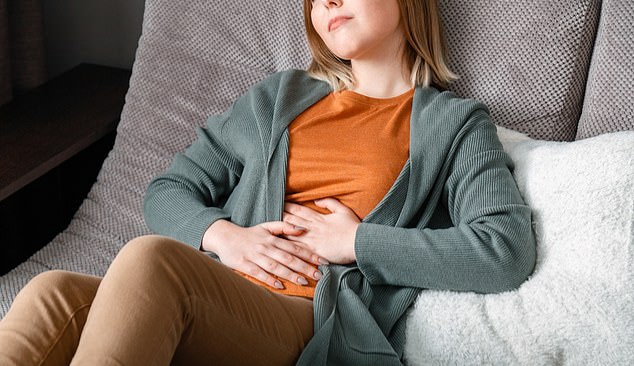Menstruation is a natural body process that women of certain ages experience every month.
It is that time of the month when women lose blood and simultaneously experience a host of uncomfortable symptoms, such as cramps, bloating, and mood changes.
Even though some level of pain and discomfort is normal during menstruation, certain common habits and mistakes can make it worse.
So instead of dreading that time of the month because of the pain, here are some of the habits you need to take note of and avoid.
Poor diet
The foods you eat during your period tend to influence how intense or mild your period pain is.
Consuming processed and salty foods, refined sugars, caffeine, and alcohol can all be detrimental to your health during this period.
Caffeine has been discovered to cause the blood vessels to narrow and further slow the flow of blood. This also constricts your uterus, making cramps more painful.
Constant intake of caffeine has also been linked to being a risk factor for most menstrual abnormalities. So taking coffee isn’t a habit that will help alleviate period cramps, avoid it.
Also, taking excessive sugar and salt can also double the discomfort during the period.
Using the same pad/tampon for a long time
Not changing pads or tampons regularly is another common habit that can worsen menstrual pain.
Leaving a pad or tampon on for too long can lead to bacterial growth, itching, and infection, which can cause additional pain and discomfort.
This habit can also increase the risk of toxic shock syndrome. Toxic shock syndrome (TSS) is a rare but serious condition caused by certain strains of bacteria. It’s often associated with tampon/pad/ menstrual cup use as bacteria may grow on them when not changed often enough.
Therefore, it’s important to change pads or tampons every 4-8 hours or more often to maintain proper hygiene and reduce the risk of infection.
Skimping on sleep
Getting inadequate or poor-quality sleep can exacerbate menstrual pain and discomfort.
A study found that people who got less than six hours of sleep on average nightly were 44% more likely to have an irregular period and 70% more likely to have heavy bleeding during a period than healthy sleepers.
However, it is advisable to always get at least 7-9 hours of sleep during your menstrual period to alleviate the pain.
Skipping meals
It is understandable that during your menstrual period, you don’t have the appetite to eat. But truth be told, it won’t do you any good.
Even if the pain is unbearable, skipping meals, particularly breakfast, might worsen the menstrual cramping according to a study.
Skipping meals tend to make you hungry, weak, and nauseated, and further aggravates the pain.
So, rather than skipping meals during this period, choose natural and unprocessed foods when possible.
Also, ensure you’re staying hydrated to lessen the severity of the cramp.
Having high-stress level
Stress can be said to be a normal part of life. However, failure to manage it appropriately during your menstrual period can intensify the pain.
High levels of stress can cause the body to release cortisol — stress hormone, which can increase inflammation and make menstrual pain worse.
Research has found a link between high-stress levels and painful periods. In one study, “the risk of painful periods was more than twice as great among women with high stress compared to those with low stress”.
Try yoga, distance yourself from your stressors, and enjoy a warm bath. This can help lessen the pain and other discomfort that might come when you are on your period.
However, if your periods are so heavy that you have to change pads or tampons often (more than once every 1 to 2 hours).
Or you have bad cramps that keep you from doing your regular activities and pain relievers and activities don’t help, see a medical practitioner.

